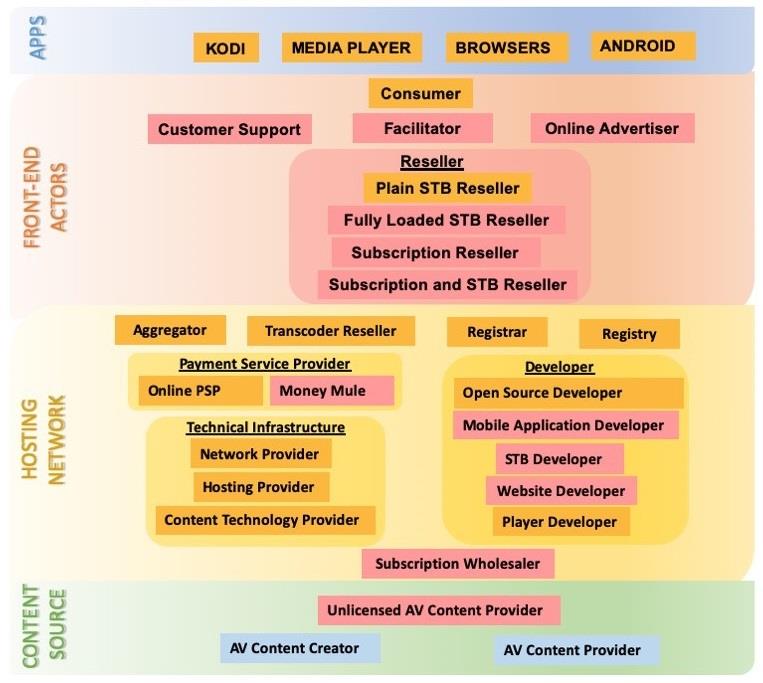Videogames
Generally (draft), a videogame contains two major components: the audiovisual material and the computer program that runs the game. If the copyright in the audiovisual material and the computer program are both owned by the same entity, they should be registered together on one application. By contrast, if the copyright in the program and the audiovisual material are owned by different parties, separate applications will be required.
Comments closed
